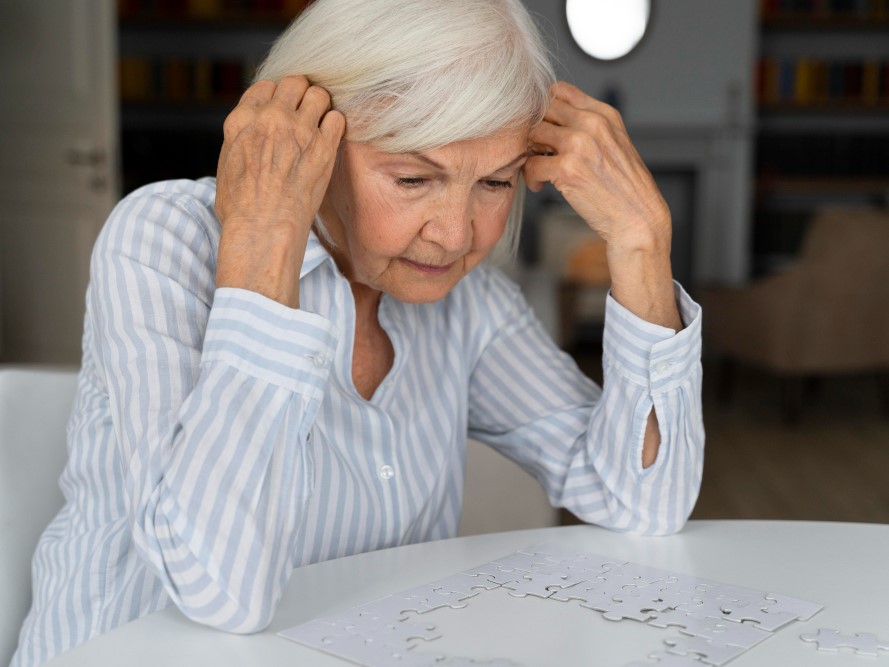Vietnam has one of the fastest ageing populations in the world, with a significant rise in dementia cases, particularly Alzheimer’s disease and related dementias (ADRD). A recent study estimates that the number of people living with dementia in Vietnam will reach 1.2 million by 2030.

Dementia and Alzheimer’s disease are leading causes of death in Western countries. (UK #1, Australia #2, USA #8)
Dementia is a general term for a group of symptoms that affect the brain. Not all cognitive decline is dementia. Dementia is an umbrella term that describes a collection of symptoms (cognitive, functional and behavioural) that are caused by specific diseases. Alzheimer’s disease is the most common disease.
Family members in Vietnam provide most of the care for people living with dementia. The experience of caregiving to an elderly family member at home can be very challenging and analysis of data showed common themes.
Perceptions of Dementia.
Many caregivers view dementia symptoms as a natural part of aging, or bệnh lẫn, rather than recognising them as signs of a disease that requires medical attention and support. This perception can lead to delays in seeking appropriate care and resources.
Family Obligation.
The sense of duty can create a psychological burden for caregivers, who often feel compelled to provide care regardless of their personal circumstances.
Women typically assume the most caregiving responsibilities
while men may contribute in less demanding ways. This can lead to emotional and physical strain among family members.
Challenges Faced by Caregivers:
Caregivers often face many hardships, including loss of time, loss of income, social isolation, and a decline in their own physical and mental health. Many express feelings of frustration, sadness, and exhaustion.
While professional medical advice should always be sought there are ways to help create a calm and safe home environment and focus on ways to anticipate and react appropriately.
Learning first aid and establishing a safe, familiar environment are very important when caring for an elderly family member with dementia. First aid skills enable caregivers to respond effectively and confidently to emergencies, which is vital as people with dementia may be more prone to accidents, injuries, or health crises.
Creating a safe environment helps minimise risks, such as falls or confusion, while familiar surroundings can enhance comfort and reduce anxiety. Together, these elements not only promote the physical well-being of the elderly person but also support their mental and emotional health, ultimately contributing to a better quality of life for them, the carer and the family.
Author: Tony Coffey Paramedic, Co-Founder Survival Skills Vietnam





